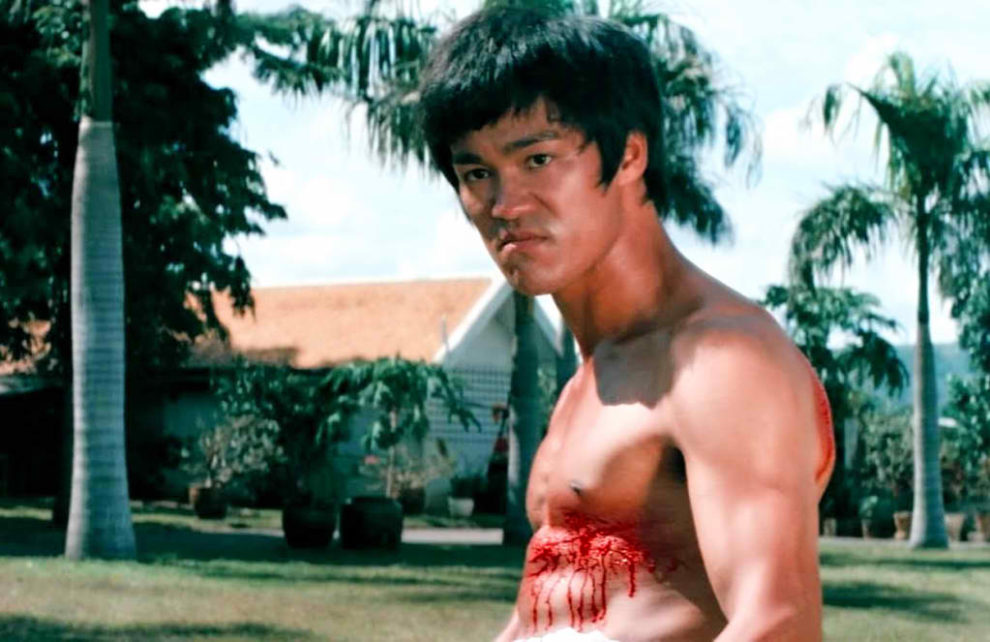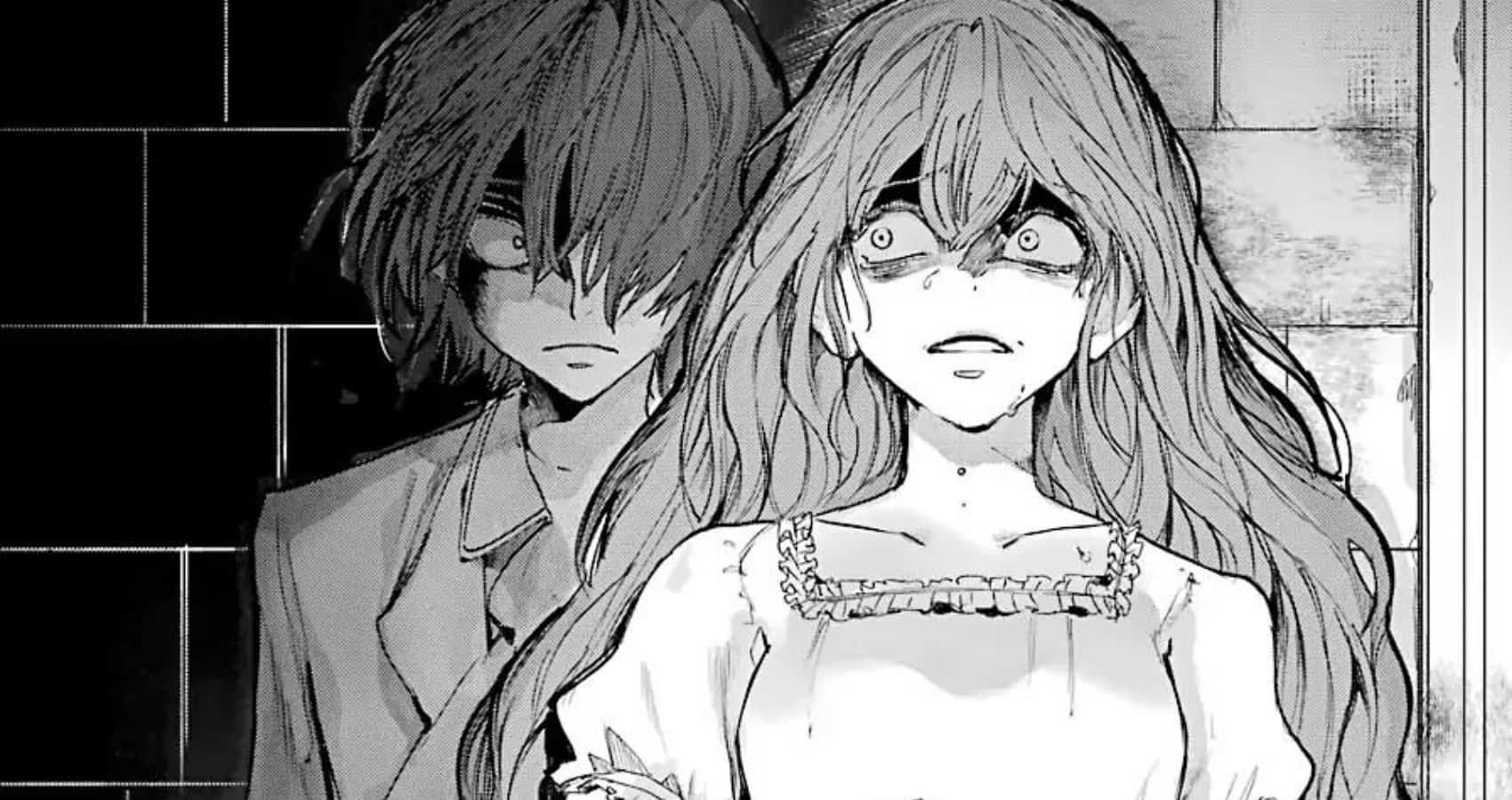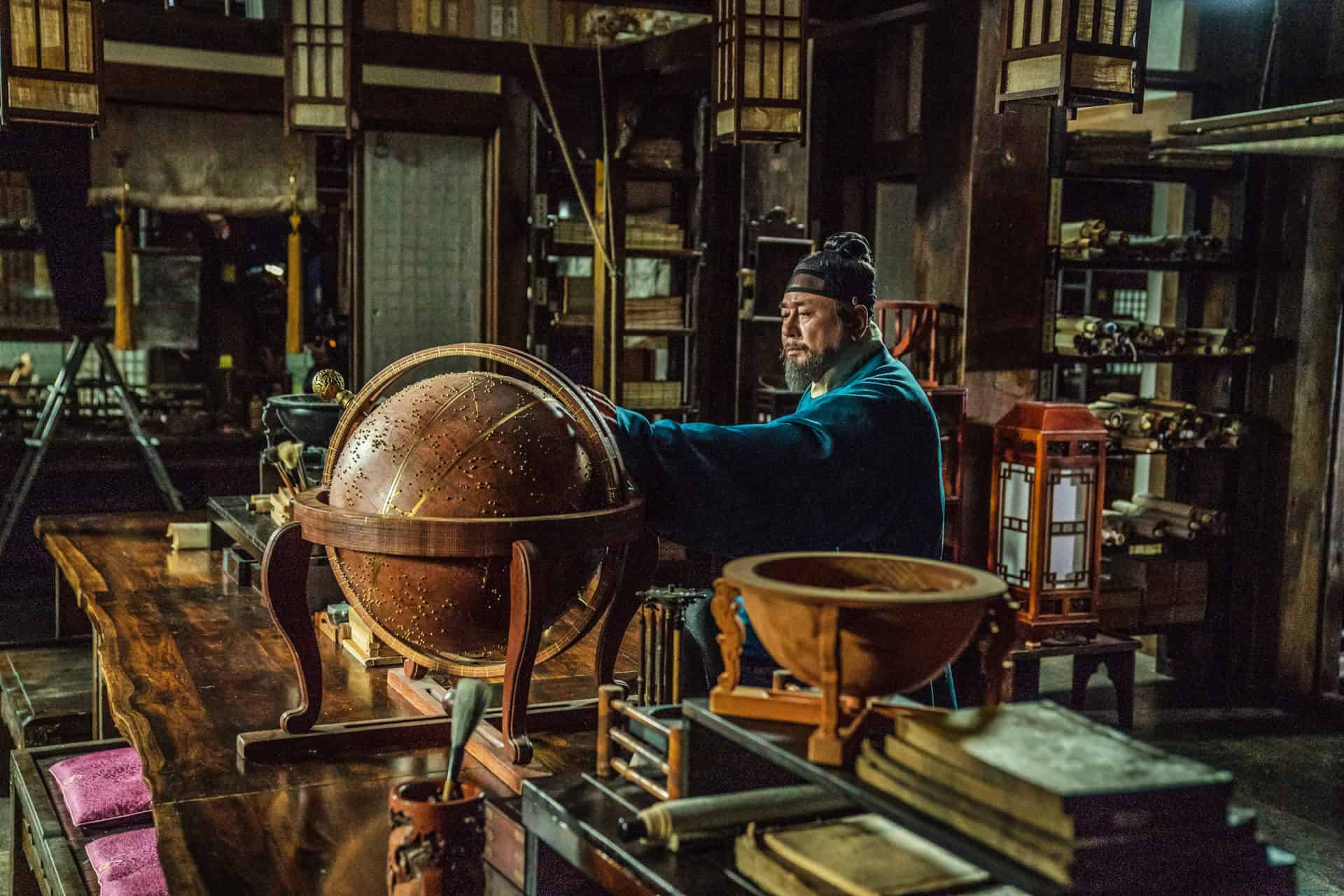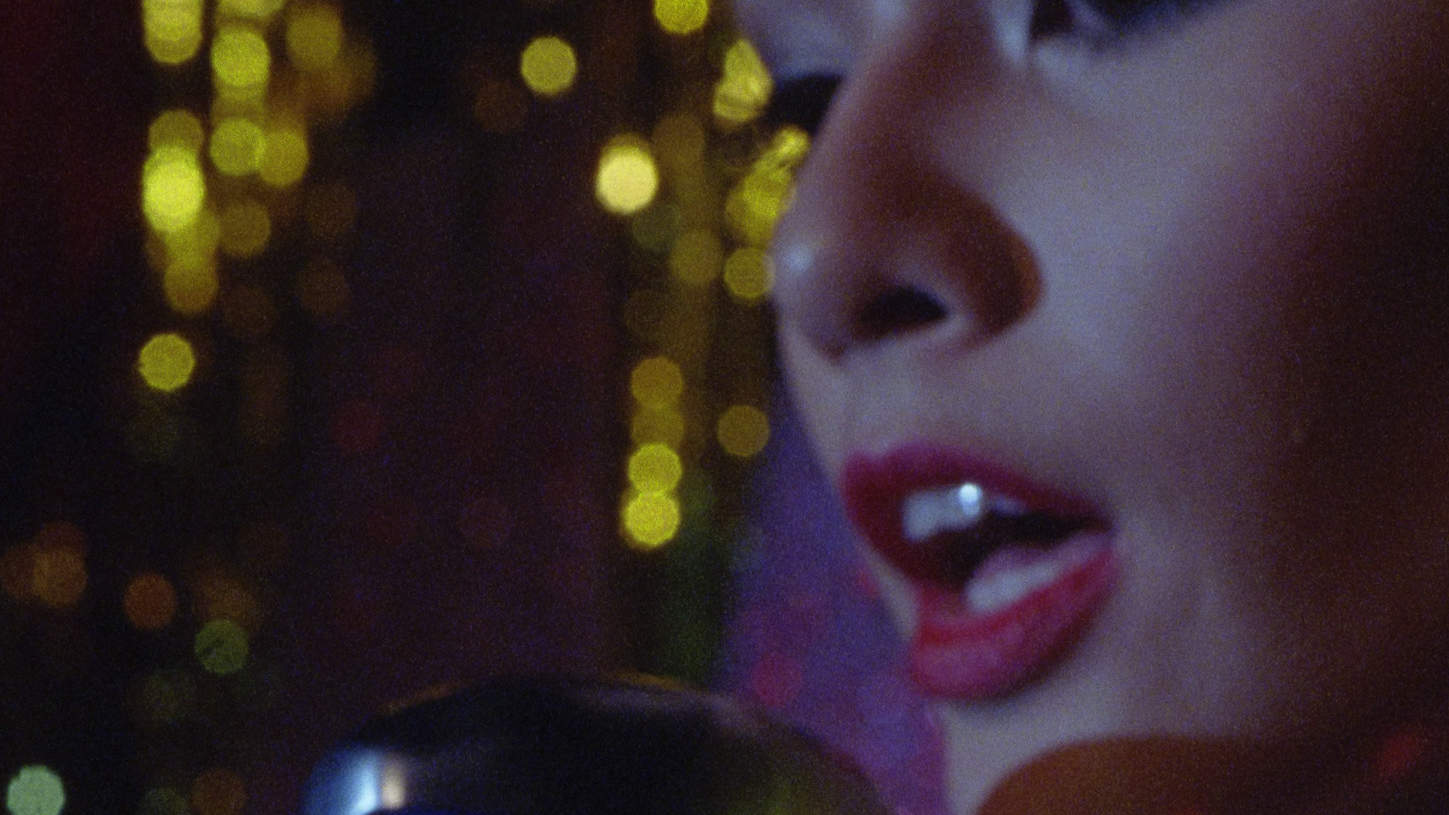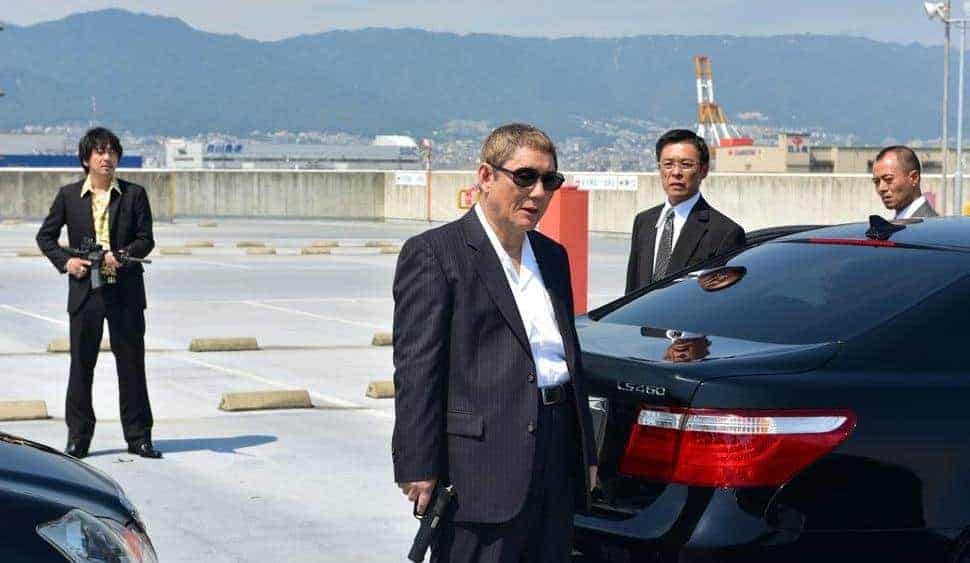The success of “The Big Boss” in 1971 not only marked a decisive moment in the career of Bruce Lee and its director Lo Wei, it also ended a long period of uncertainty for the actor who was not sure whether he had any kind of future in the film industry. Even though the production itself was defined by a few bumps on the road, for example, when Lee cut his hand badly on the set or Lo Wei claiming he had to teach Bruce Lee, who was a mere “streetfighter” according to his version, to fight in front of the camera (a rather dubious claim). Nevertheless, the film proved to be a commercial success in Lee' home country of Hong Kong and would later continue to be released overseas where it gained its star the kind of status as an actor he had hoped for when he had gone to Hollywood. Even today, “The Big Boss” while certainly not the best Bruce Lee-film, still stands due to Lee's performance and its fight scenes, making it quite an entertaining genre effort for both, its main actor and its director.
Buy This Title
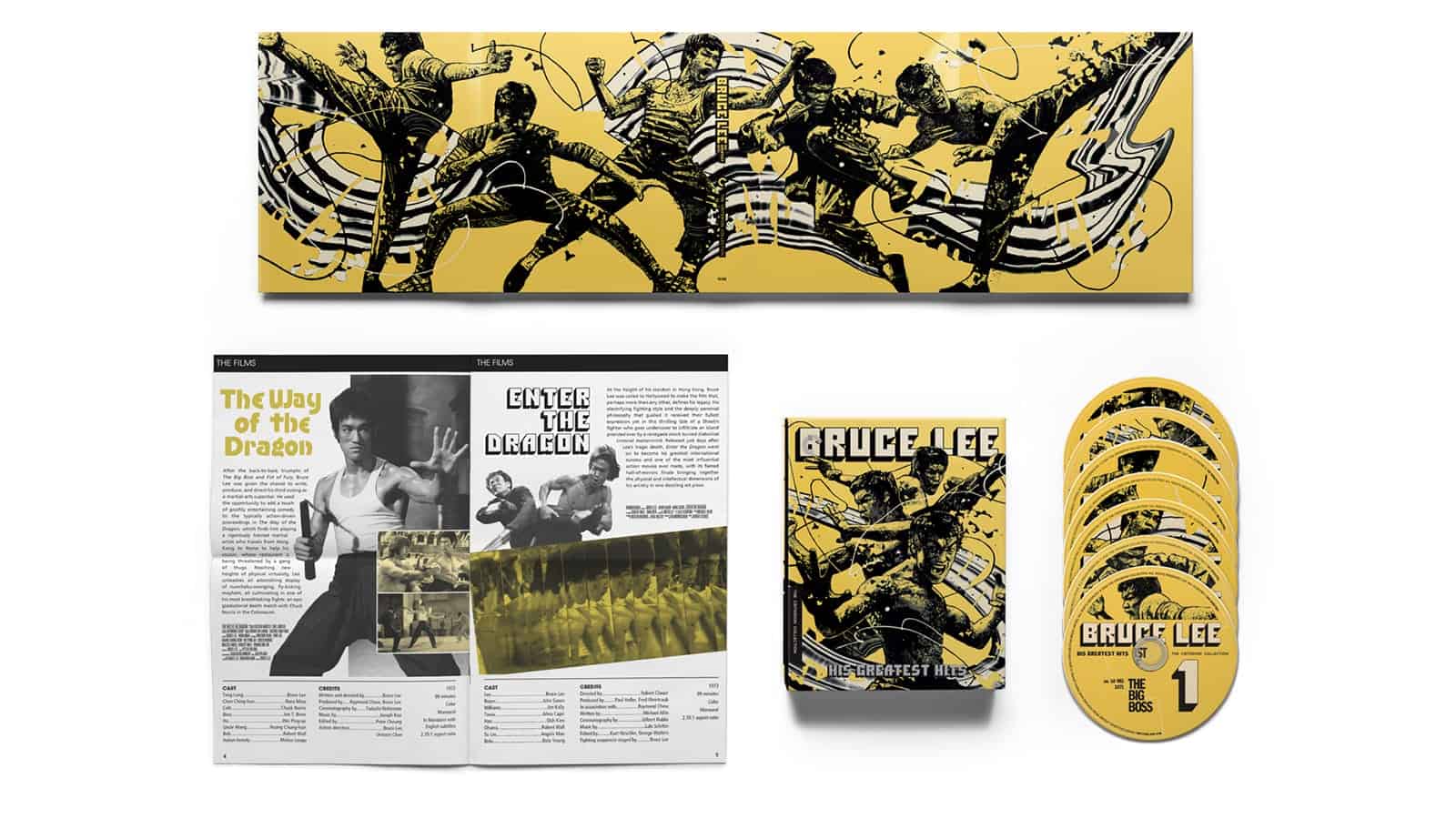
Thanks to his uncle, Cheng Chao-an (Bruce Lee) finds a job in Pak Chong, Thailand in an ice plant as well as a temporary home with some of the other workers. One of them is his cousin Hsu Chien (James Tien), whose skills in martial arts and his commitment to the rights of the workers, have gained him quite a reputation among them, especially since he also stands up frequently against the gangs which try to blackmail and bully other people. However, while Cheng would like to help out against the gangs, he has promised his mother he would not get into any fights, a promise he is reminded of by a jade token he wears around his neck.
After two workers are missing after having been called to the boss of the plant, Hsu Chien becomes suspicious of the dealings in the factory, but as he starts investigating further he also disappears. Also suspecting foul play, Cheng tries to find his cousin and finds himself breaking the promise he gave to his mother when he defends the other workers in a fight against a number of gangs members. While his commitment earns him the respect of his colleagues and the position of foreman in the factory, he still wants to know what has happened to his cousin and he is conflicted whether or not he should pursue and probably get himself into trouble or be content with the position offered to him.
On the surface, “The Big Boss” offers a rather simplistic storyline which can be found in many other martial arts- or action features. While the first half is pretty straight-forward, exploring the community of the workers, the secret dealing of the factory owner and his thugs along with the idea of the protagonist being chained by a promise, the second half is perhaps even the most interesting. Aside from the fight sequences, which are, perhaps in contrast to the director's statement, quite well-executed and -choreographed, quite a lot of effort is put into the idea of the corruption of the spirit. It is also a part of the narrative which demonstrates the acting skills of Bruce Lee, who shows a character deeply conflicted about stepping in, taking part in the fight of the workers and become true fighter for their cause, while the promise he gave to his mother is what is holding him back.
While martial arts or fighting in general is always seen as a form of rebellion, also in this feature, it is also shown as a form of liberation. In the case of Cheng, martial arts is a way of expression and a final way to cut the cord what his mother wants him to be, emphasizing his journey to become more independent, to find his voice and fight for what he thinks is right. It is a journey that is defined by hurdles and bumps and even a loss of self, when Cheng find himself tempted by the promises of the “big boss”, but eventually will show the kind of man he is.
“The Big Boss” is a solid martial arts-feature whose rather minimal narrative is supported by a strong leading performance by Bruce Lee. In retrospect it is certainly no surprise this marked the beginning of Lee becoming the kind of icon of the genre that he is today. In the context of his other works in the 1970s this is not the strongest entry in Lee's filmography, and also not in Lo Wei's, but it is an important feature, which still manages to entertain after all these years.


